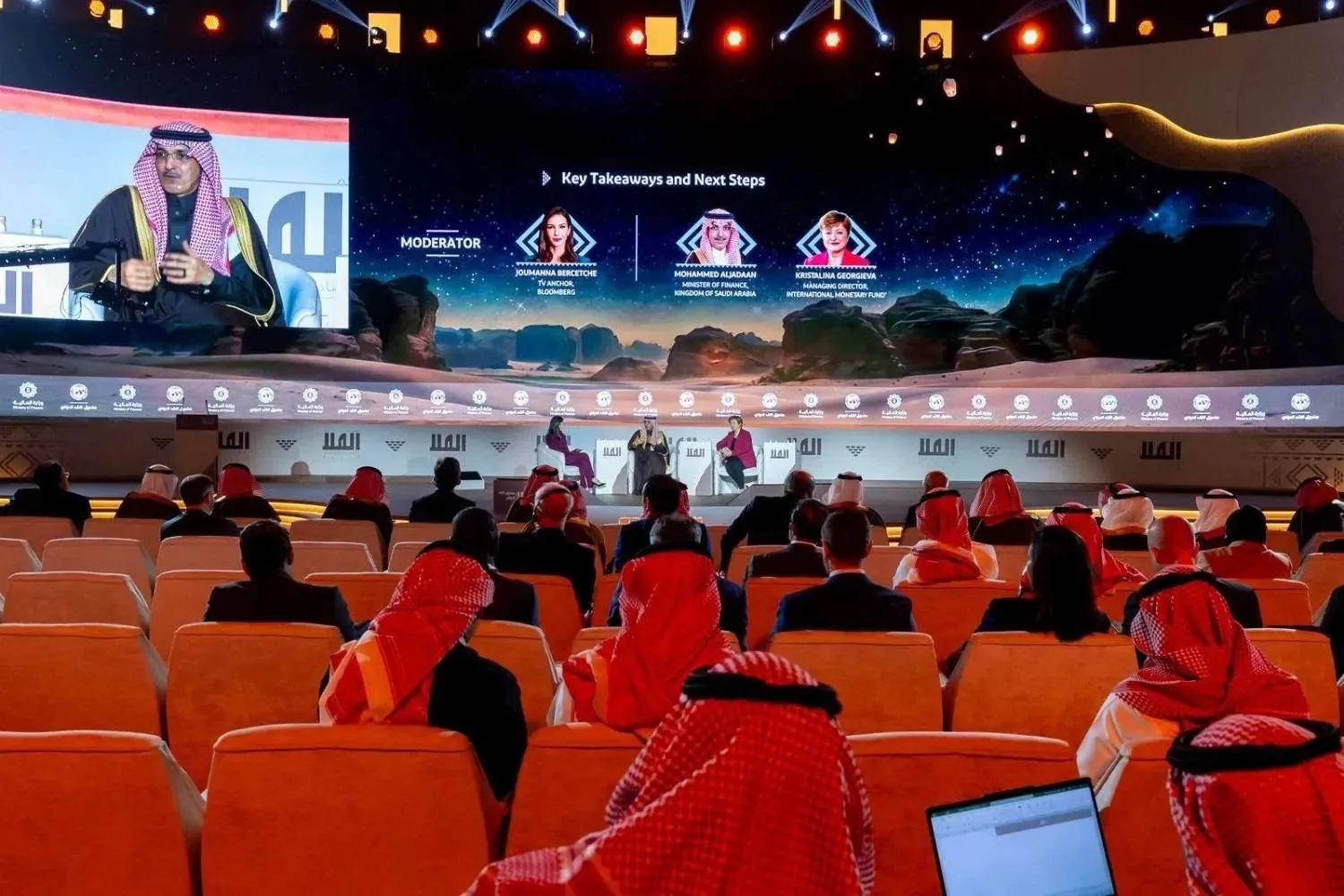Carlyle Group Chairman David Rubenstein said on Thursday that the kingdom of Saudi Arabia has become more attractive for foreign investment after the introduction of Vision 2030.
In a broadcast interview, the chairman of one of the world's largest investment firms said: "I have been in Saudi Arabia for more than 25 years and I am already investing in Saudi Arabia, but the atmosphere is now more encouraging and will encourage more capital attraction."
Rubenstein’s statements come as the Saudi Public Investment Fund launched its 2018-2020 program, aimed at achieving "Vision 2030."
Crown Prince Mohammed bin Salman, announced the Saudi Vision 2030 for the Kingdom in April 2016, which aims to diversify the Saudi economy and reduce dependence on oil.
The vision includes the establishment of the largest sovereign investment fund with a total value of more than $2 trillion, after the privatization of Saudi Aramco, which will also become the largest company in the world.
Economists, experts, investors and analysts are currently awaiting the listing of the Initial Public Offering for the 5% sale of the company.
Among other positive developments, Saudi Arabia also announced in May 10 programs of strategic importance to achieve Vision 2030.
The goal of Vision 2030 is to make the Kingdom's economy more prosperous and more vibrant while adhering to Islamic values and a well-established national identity.
PIF’s recently published program maps out the next three years in order to achieve four main objectives: establishing new sectors, localizing advanced technologies and information, and building strategic economic partnerships.
More so, PIF eyes strengthening its role as an effective engine to diversify the economy in Saudi Arabia, in addition to deepening the impact and role of the Kingdom across the regional and global scene.
In the next three years, PIF's program includes 30 initiatives—details were laid out in the program’s outline, which will raise the Fund's assets to 1.5 trillion riyals ($ 400 billion) by 2020 and generate some 20,000 local jobs directly - half of which would require high skills - and 256,000 construction jobs.
The PIF program emphasizes integration with the Saudi private sector through brand new local investment portfolios distributed among Saudi companies. They involve investments aimed at developing promising sectors, real estate projects and infrastructure development, and the Saudi investment margin for major projects.









